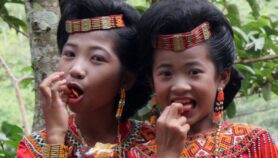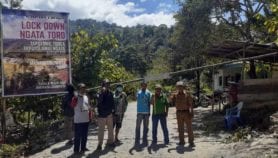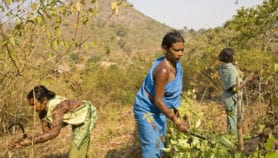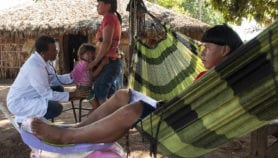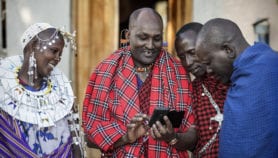By: Katie Mantell
Send to a friend
The details you provide on this page will not be used to send unsolicited email, and will not be sold to a 3rd party. See privacy policy.
A study of Bolivian Amerindians has confirmed that the sharing of information about traditional uses of native plants with members of different villages is an important feature of indigenous knowledge systems.
The researchers say that their results — reported in this week’s issue of Science — could help in the design of prior consent and benefit sharing systems when indigenous knowledge is used to develop commercial goods abroad.
The survey of more than 500 Tsimane’ Amerindians — who live in a variety of habitats in the Bolivian lowlands — found that they share a significant amount of ethnobotanical knowledge right across their community, but that individuals share more knowledge with fellow villagers than with people from different villages.
“As indigenous peoples have advocated and as this research shows, the collective nature of traditional knowledge should be considered when outsiders use indigenous knowledge commercially,” the group of US and Bolivian authors write.
“Laws to protect indigenous knowledge must also acknowledge the communal endowment of indigenous knowledge and the traditional rights and responsibilities over such knowledge.”
Link to paper in Science
© SciDev.Net 2003


